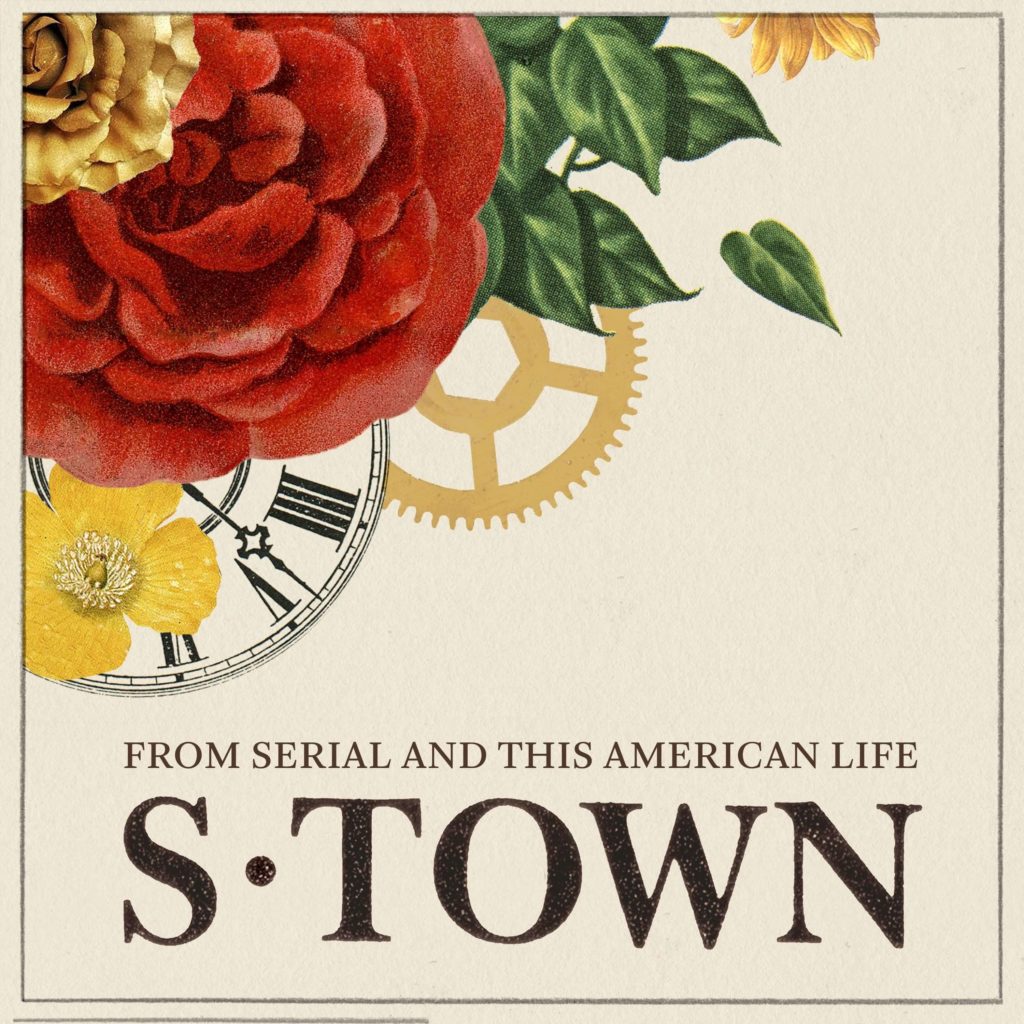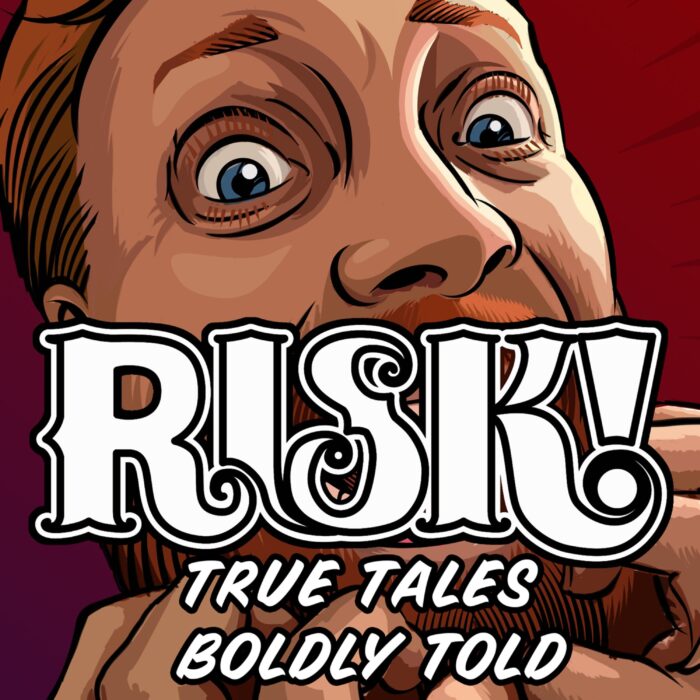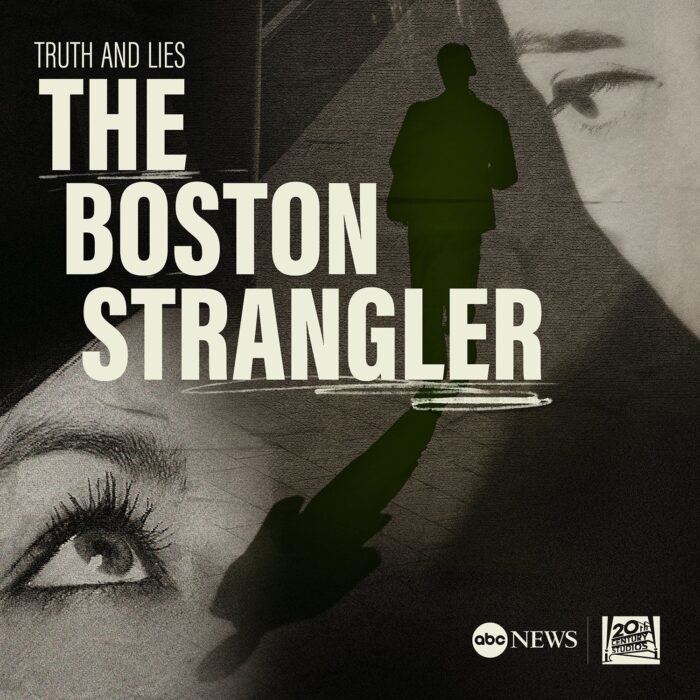‘S-Town’ continues to prove itself as a staple of the podcasting industry: it’s shocking, revealing, and ultimately unexpected

While the first episode piques your interest, grabbing your attention just enough that you’re more than content to sit through another, it’s the second episode that makes you realize why “S-Town” is a phenomenon. Back in 2012, a man named John from Woodstock, Alabama, or “Shittown” as he likes to call it, contacted “This American Life” asking them to investigate a murder and a police cover-up. He was a colorful character with an even more colorful description of his Southern town, and after a year, Brian Reed went to investigate.
Hosted and produced by investigative journalist Brian Reed, “S-Town” is seven episodes exploring John’s eccentric life (he was an antique clock-restorer and had created an enormous hedge maze in his yard), the little town Woodstock, a potential murder, a corrupt police department, and the issues plaguing the global population. Episodes are 50 to 60 minutes long.
What was looking like another true crime, murder-mystery podcast ended up being, well, not a true crime, murder-mystery podcast. From the producers of “Serial” and “This American Life,” “S-Town” ends up being a deep dive into the micro and macro.
The complaints John has against his hometown are at a much larger scale than a poor, rural Alabama community. John’s obsession with the ecological and economic collapse were issues that were happening on a global scope. In phone calls with John at the start of “S-Town,” you can hear John continuing to speed up his cadence during his rants, to the point where Brian actually has to ask him to slow down. John chuckles, and says that he gets so worked up about it and probably has depression. He has been caring for his dementia-addled mother for years now.
Brian finally arrived in Alabama and began to investigate the murder and cover-up of a teenager named Dylan Nichols. John had overheard that Dylan had been murdered by one of his peers, Kabrahm Burt, the son of a powerful man in the small town. Actually, Burt’s father owned a well-established lumber company that had made him a very rich man—K3 Lumber —which John suspected was named after the KKK. John was completely outraged.
But, Brian wasn’t finding much out about the crime. He began to suspect that John is hiding something and the murder wasn’t all that it seemed. In fact, Brian finds out that the murder had been completely fabricated: Dylan was beaten in an attack, but not to death. But what wasn’t fabricated was John’s story about a police officer routinely sexually assaulting women after pulling them over or bringing them to the station. That man was tried and convicted.
It’s not difficult to see why “S-Town” has become a staple within the podcast world. It is the pinnacle of podcasts, frequently sitting amongst classics like “Serial,” “Dr. Death,” “RadioLab,” “My Brother, My Brother, And Me” and more. All seven episodes were released in March 2017, garnering a record-smashing 10 million downloads in just four days. After two months, it had been downloaded over 40 million times.
The story spirals farther and farther from where it began. It tells multiple stories at once: the story of a small, Southern gothic town that could’ve been merely chocked up to “that’s just the way things are down there.” It’s the story of a queer man growing up in that same town and his disdain for the world around him. It’s a story about what that man has learned about forced masculinity and the violence that comes along with it.
And it doesn’t turn into the exact murder-mystery it started out as. You’ll have to listen to find out more, that is, if you’re one of the few people left who haven’t listened to “S-Town.”







